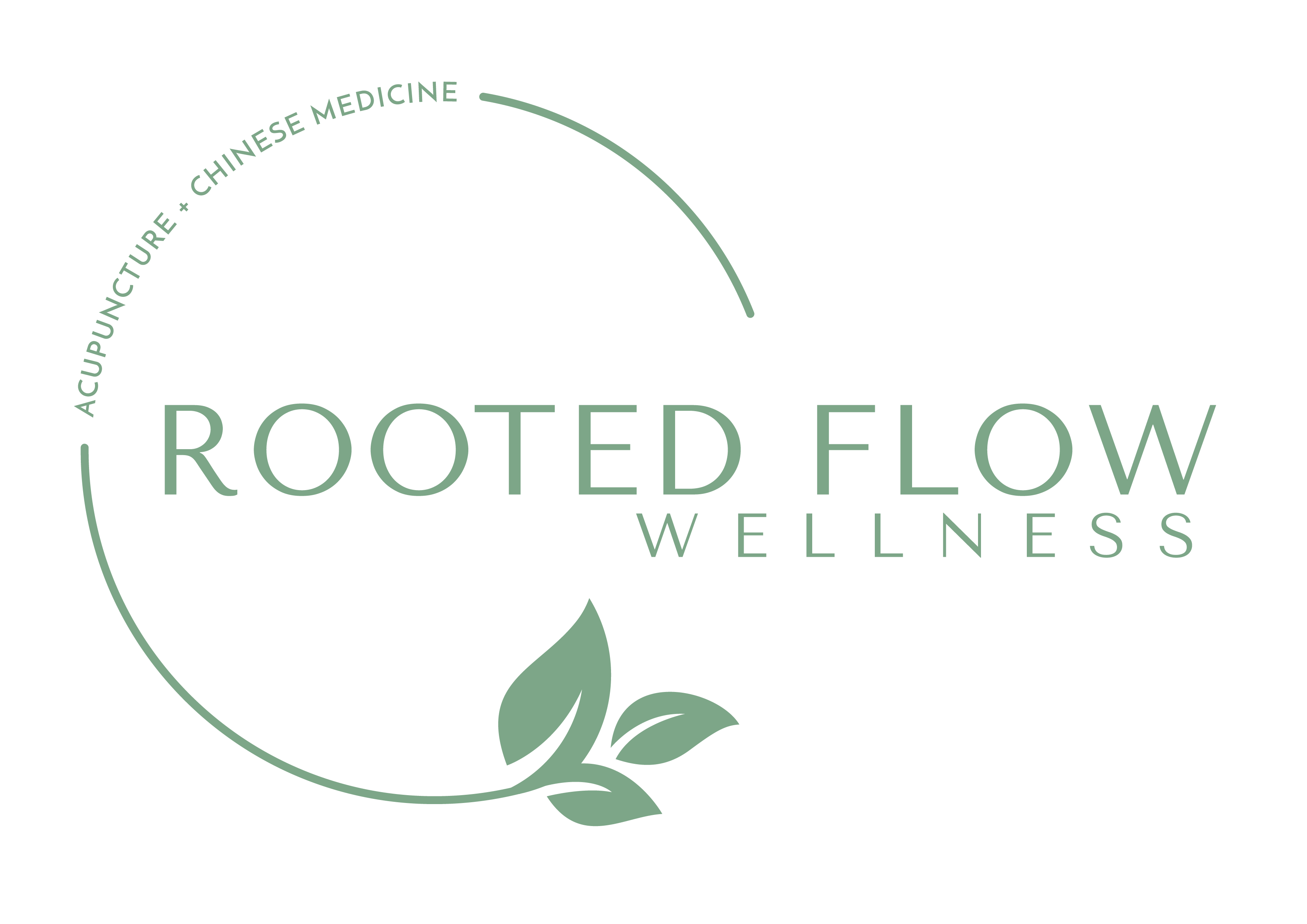Quoted from the World Health Organization:
In the hands of a well-trained practitioner, acupuncture has much broader applications beyond pain relief. The World Health Organization (WHO) recognizes the use of acupuncture in the treatment of a wide range of common illnesses including:
- Upper Respiratory System
- Acute sinusitis
- Acute rhinitis
- Common Cold and Flu
- Acute tonsillitis
- Respiratory System
- Acute bronchitis
- Bronchial asthma (Most effective in children and uncomplicated conditions.)
- Eye Disorders
- Acute conjunctivitis
- Central Retinitis Myopia (in children)
- Cataracts (without complications)
- Mouth Disorders
- Toothache
- Post Extraction Pain
- Gingivitis
- Acute and Chronic Pharyngitis
- Gastrointestinal Disorders
- Spasms of esophagus
- Hiccough
- Gastroptosis
- Acute and Chronic Gastritis
- Gastric Hyperacidity
- Chronic Duodenal Ulcer (pain relief)
- Acute Duodenal Ulcer (without complications)
- Acute and Chronic Colitis
- Acute Bacillary Dysentery
- Constipation
- Diarrhea
- Paralytic Ileus
- Neurologic and Musculoskeletal Disorders
- Headache and Migraine
- Trigeminal Neuralgias
- Facial Palsy (early stage, i.e., within 3-6 months)
- Pareses Following a Stroke
- Peripheral Neuropathies
- Sequelae of Poliomyelitis (early stage, i.e., within 6 months)
- Meniere’s Disease
- Neurogenic Bladder Dysfunction
- Nocturnal Enuresis (bedwetting)
- Intercostal Neuralgia
- Cervicobrachial Syndrome
- Frozen Shoulder
- Sciatica
- Low Back Pain
- Osteoarthritis
- Carpal Tunnel Syndrome
- Back and Knee Pain
- Fibromyalgia
- Chronic Fatigue
- Sports Injuries and Pains
- Reproductive & Gynecological Conditions
- Premenstrual Syndrome
- Dysmenorrhea (menstrual cramps)
- Spotting and Excessive Bleeding
- Amenorrhea (Loss of Menstrual Period)
- Impotence
- Infertility
- Incontinence
- Prostatis
- Mental Emotional Problems
- Stress
- Anxiety
- Depression
- Insomnia
The World Health Organization Interregional Seminar compiled the above list of illnesses that may benefit from acupuncture treatment. The list is only a partial list and is based on clinical experience and not necessarily on controlled clinical research. The inclusion of specific diseases are not meant to indicate the extent of acupuncture’s efficacy in treatment, since all conditions may vary in severity and response.
Sources: 1. NIH, Acupuncture, Nov. 3–5, 1997, Vol. 15, No. 52. World Health Organization. Viewpoint on Acupuncture. Geneva, Switzerland: World Health Organization, 1979.
